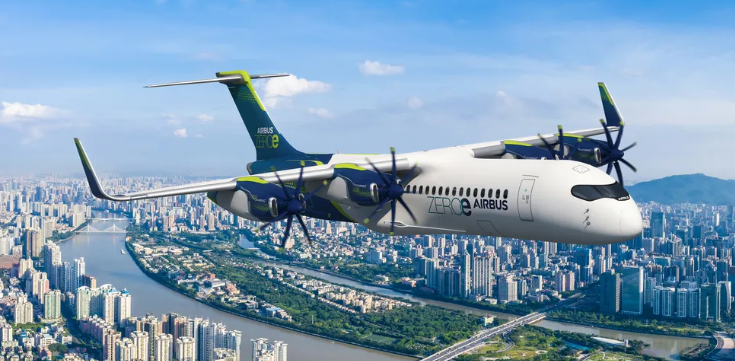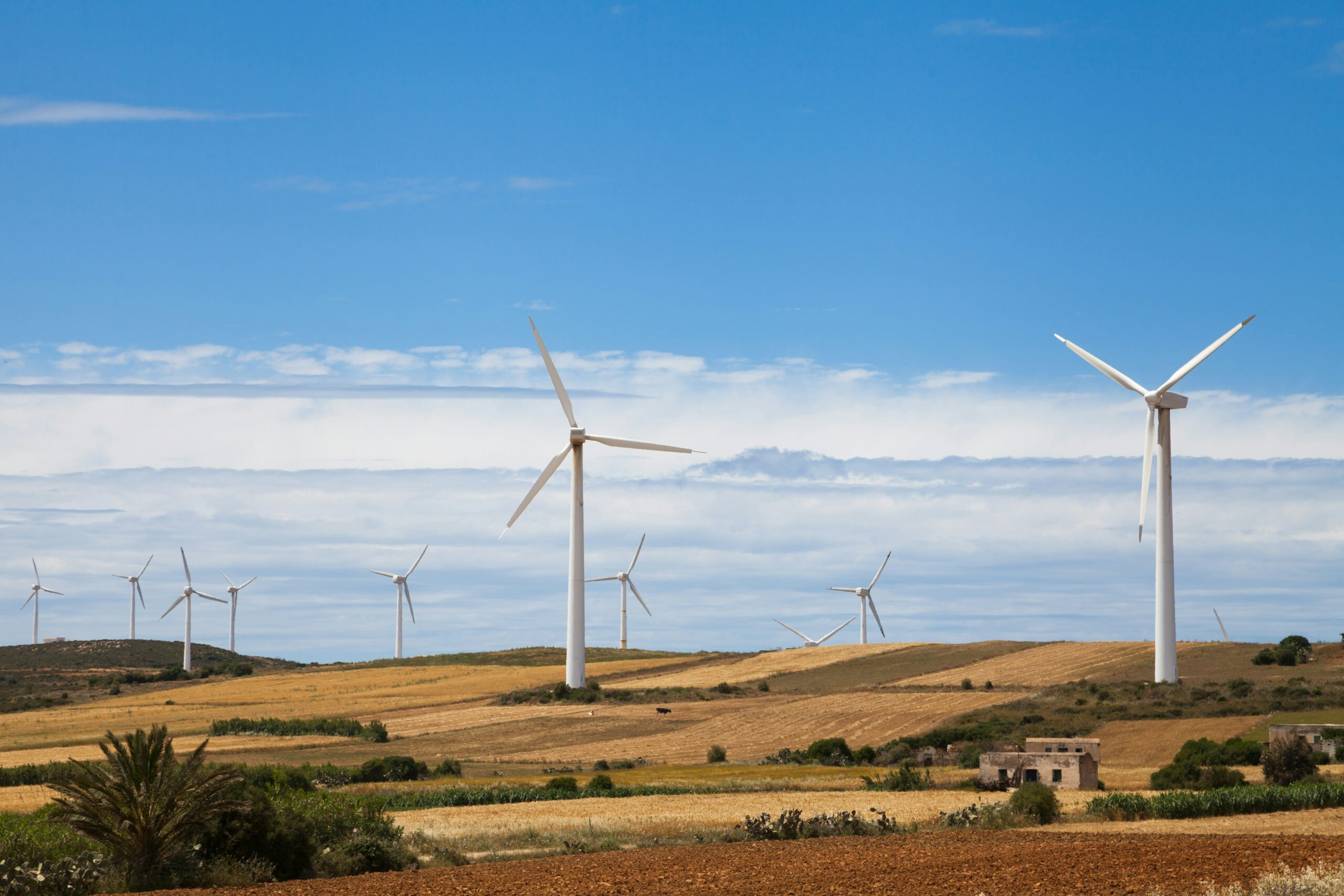Insider Brief
- Airbus reaffirmed its long-term plan to commercialize hydrogen-powered aircraft in the second half of the 2030s and launched a pilot program to expand access to sustainable aviation fuel (SAF) via a book and claim mechanism.
- The company unveiled a refined design for a hydrogen-powered aircraft using four 2-megawatt electric engines fed by hydrogen fuel cells, along with milestones including a 1.2MW propulsion demo in 2023, full system testing in 2024, and integrated ground testing slated for 2027.
- The SAF Book and Claim pilot, launched with initial partners like SMBC Aviation Capital and AerCap, allows operators to claim SAF emissions benefits without direct fuel access, helping smaller operators participate in decarbonization and bolstering global SAF demand.
Airbus is doubling down on two fronts of aviation decarbonization: hydrogen-powered aircraft and a market mechanism to expand the use of sustainable aviation fuel (SAF).
At its 2025 Airbus Summit, the company detailed a revised roadmap for introducing a next-generation single-aisle aircraft in the second half of the 2030s and updated its ZEROe project, focused on hydrogen propulsion, according to the company. The event also marked the launch of a pilot program to test a “book and claim” system designed to spur demand for SAF among operators with limited access to the fuel.
“Hydrogen is at the heart of our commitment to decarbonize aviation,” said Bruno Fichefeux, Airbus Head of Future Programmes. “While we’ve adjusted our roadmap, our dedication to hydrogen-powered flight is unwavering. Just as we saw in the automotive sector, fully electric aircraft powered by hydrogen fuel cells have the potential in the longer term to revolutionize air transport for the better, complementing the sustainable aviation fuel pathway.”

The theoretical design features four 2-megawatt electric engines powered by hydrogen fuel cells. These systems convert hydrogen and oxygen into electricity, which then drives the propulsion motors. Two liquid hydrogen tanks supply the cells. Airbus Head of the ZEROe Project, Glenn Llewellyn, said the concept was selected after exploring multiple propulsion architectures over the past 5 years.
“We are confident it could provide the necessary power density for a hydrogen-powered commercial aircraft and could evolve as we mature the technology,” he said. “In the coming years, we will concentrate on advancing the storage, distribution and propulsion systems, while also advocating for the regulatory framework needed to ensure these aircraft can take flight.”
The company has already demonstrated a 1.2MW hydrogen propulsion system in 2023 and completed “end-to-end” system tests – including integrated fuel cell stack, electric motors, gearboxes, inverters and heat exchangers – in 2024.
“To address liquid hydrogen handling and distribution challenges in flight, Airbus, in collaboration with Air Liquide Advanced Technologies, has developed the Liquid Hydrogen BreadBoard (LH2BB) in Grenoble, France,” the company noted in a statement. The next major milestone is planned for 2027, when Airbus will conduct integrated ground testing of the propulsion and hydrogen distribution systems in Munich.
The challenge now, Airbus executives say, is not only technical but also regulatory. The success of hydrogen-powered aviation will depend on the development of infrastructure, certification pathways, and international standards.
“In the coming years, we will concentrate on advancing the storage, distribution and propulsion systems, while also advocating for the regulatory framework needed to ensure these aircraft can take flight,” Llewellyn noted in the company’s statement.
While hydrogen remains a longer-term goal, Airbus is also working to accelerate SAF adoption in the near term. The company has launched a pilot program to test a book and claim model, which allows buyers to support SAF production and claim its emissions reductions, even if the fuel is physically used elsewhere.
Under the program, Airbus will purchase SAF certificates and manage them through the Roundtable on Sustainable Biomaterials (RSB), an international certification body. These certificates will then be resold to interested customers, such as aircraft operators and business aviation firms. The program will lower the risk for smaller operators as Airbus will take on the upfront costs, the company noted.
“Supporting the SAF Book and Claim mechanism is an immediate solution contributing to the emergence and scale-up of the global SAF market,” said Julien Manhes, Airbus Head of Sustainable Aviation Fuel and Carbon Dioxide Removals. “For a lot of smaller operators, getting access to SAF can be challenging depending on the amount of SAF needed.”
The pilot runs through 2025 and aims to evaluate demand and the feasibility of third-party facilitation. Airbus has already signed an initial memorandum of understanding with SMBC Aviation Capital, followed by AerCap, Comlux, Luxaviation, Novespace, Rive Private Investment, and SAF Aerogroup.
At the summit, Airbus also announced a project to measure non-CO2 emissions produced from different jet fuels, including 100% sustainable SAF in collaboration with major Canadian aerospace academic and research organizations.
According to the International Air Transport Association, SAF production volumes reached 1 million tons, or 1.3 billion liters, in 2024, below the projected 1.5 million tons, or 1.9 billion liters. The IATA indicated the shortfall was due to U.S. SAF production facilities delaying their initiatives until the first half of 2025. In all, SAF accounted for 0.3% of global jet fuel production and 11% of global renewable fuel.








